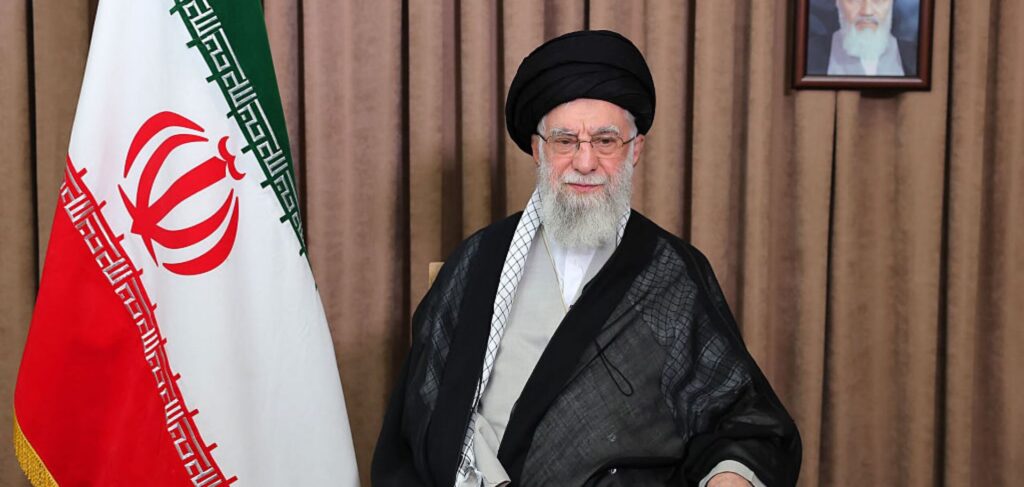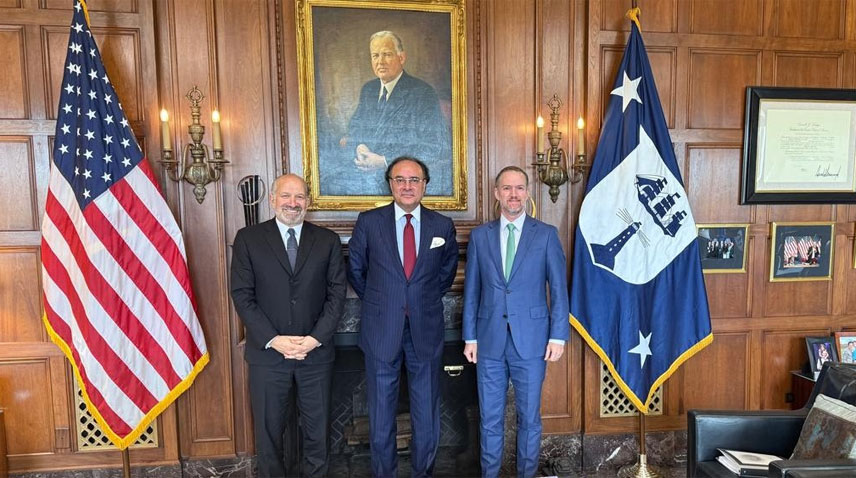Amid escalating conflict in the Middle East, former U.S. President Donald Trump sparked global concern with comments speculating on regime change in Iran, following coordinated U.S. and Israeli strikes on Iranian nuclear facilities. The social media post, which read, “Why wouldn’t there be a Regime change???” ignited a storm of debate and alarm among international observers, diplomats, and political analysts.
Trump’s statement comes in the wake of Saturday’s joint military operation that saw the United States deploy advanced bunker-buster bombs against three strategic Iranian sites. While official U.S. channels, including Defense Secretary Pete Hegseth and Vice President JD Vance, insist that the strikes were not intended to overthrow Iran’s government, Trump’s language suggested otherwise. His post invoked his 2016 campaign slogan in a controversial twist: “If the current Iranian Regime is unable to MAKE IRAN GREAT AGAIN, why wouldn’t there be a Regime change???”

These remarks starkly contrast the administration’s official stance, with Hegseth asserting that the strikes were focused solely on curbing Iran’s nuclear ambitions, not instigating political upheaval. Yet, Trump’s comments have fueled speculation about Washington’s true intentions, especially as the region stands on the brink of a broader conflict.
Saturday’s strikes were a response to what Israel and the U.S. claim is Iran’s aggressive acceleration of its nuclear weapons program. Iran, however, has long denied any intention of developing a nuclear arsenal. The attacks, utilizing high-precision American munitions, reportedly caused “monumental damage” to Iran’s underground nuclear infrastructure, though the exact impact remains unclear due to restricted access.
In retaliation, Iran launched missiles toward Israeli territory and warned of “everlasting consequences.” The conflict has already impacted the region’s stability, with the Israeli military targeting six Iranian airports in response to the missile barrage.
Further inflaming the situation, Iranian state television announced on Monday that the Iranian parliament approved a measure to potentially close the Strait of Hormuz—a critical maritime route for global oil and gas trade. Such a closure could destabilize global markets, with nearly 25% of the world’s oil passing through the strait. U.S. Secretary of State Marco Rubio has urged China and other global powers to pressure Iran against such a drastic step.
Meanwhile, diplomatic efforts are underway. Iran’s Foreign Minister traveled to Moscow for urgent talks with President Vladimir Putin, citing shared “threats and challenges.” The U.N. nuclear watchdog has called for an immediate ceasefire to allow inspectors access to the bombed facilities.
Back in the U.S., Trump’s remarks are stirring controversy across party lines. Congressman Thomas Massie, a Republican from Kentucky, condemned the strikes as an unconstitutional act of war, demanding that Congress be consulted before such military action.
Ironically, Trump built his political brand on ending America’s involvement in so-called “forever wars.” On the campaign trail last year, he promised to restore peace in the Middle East. But with U.S. troops in the region now on high alert and the State Department issuing global warnings, critics argue that his recent actions could drag the U.S. back into a prolonged conflict.
Despite the backlash, Vice President Vance defended the former president, insisting that Trump remains focused on protecting American interests. “Having seen this up close and personal,” Vance said, “I can assure you that he is only interested in using the American military to accomplish American people’s goals.”
As tensions rise, the world watches closely. Whether Trump’s comments were rhetorical bluster or a signal of deeper intent, they’ve undeniably raised the stakes in an already volatile region.
#TrumpIranCrisis #MiddleEastTensions #RegimeChangeDebate #USIranConflict #StraitOfHormuz #TrumpForeignPolicy #IranNuclearStrikes #IsraelIranWar #GeopoliticalCrisis #USMilitaryAction

















